Candidates are “ignored” and AI makes mistakes
Wafa Shafiq, a 26-year-old Canadian marketing professional, has been job hunting since winter 2024. One night, she applied for a marketing specialist position and immediately received an email from “Alex.” After answering screening questions and scheduling an interview, Shafiq discovered that Alex was an AI recruiter from the company Apriora.

AI recruiters are being used at top companies (Source: NBC)
The interview took place via video , which surprised her. While she liked features like positive feedback and interview recording, Shafiq said the experience was quite one-sided, lacking information about the company and work culture.
She also wondered: If AI eliminates human biases, what new ones might emerge? “I was ignored, and I didn’t get any feedback,” she told NBC News. “That made the experience even more unempathetic.”

An interview with AI can make candidates feel a lack of empathy (Source: NBC - illustration photo)
Despite not being notified in advance, Wafa Shafiq still completed his video interview with AI Alex without any problems. But incidents like that of Ohio State University student Kendiana Colin highlight the risks of AI hiring.
After applying for a job at Stretch Lab, Colin was interviewed by Apriora’s recruiting AI via video. After the first two questions, the AI started repeating “Pilates vertical bar” nonsense and ended the interview in an awkward manner. Colin described the AI as “stuttering,” “interrupting,” and making her feel creepy.
Colin's video of the interview went viral on TikTok with 3.2 million views, but she has not received any response from Stretch Lab or Apriora and has not officially reported the incident.
In the US, the Department of Justice requires companies using AI in recruiting to clearly inform candidates about the technology they are using and how it will be evaluated. However, in Canada, this regulation will not take effect until January 1, 2026.
Businesses promote the use of AI in recruitment
Despite the many technical glitches that have been reported, a LinkedIn survey found that 74% of HR professionals believe AI makes it easier to filter candidates, while Resume Builder predicts that 69% of companies will use AI to evaluate candidates by 2025.
Paradox, the company that created the AI recruiting assistant Olivia, is working with major corporations like Whole Foods, Nestle, FedEx, and Marriott. Olivia can screen candidates, chat via text, schedule interviews, and send job offers.
At Fontainebleau Las Vegas, AI Olivia was personalized as Morris to recruit 6,500 employees. The result: 300,000 applications, far exceeding the target of 80,000, helping to close the recruitment three months ahead of schedule.

AI recruiting assistant Olivia (Source: Paradox)
Kim Virtuoso, director of human resources at Fontainebleau Las Vegas, said 41% of conversations between candidates and Morris take place after work. “So while we’re sleeping or with our families, Morris is helping us reach the right candidates,” Virtuoso said.
Classet, another company in the AI recruiting space, chooses to recruit via text and phone, avoiding video because users find it “unnatural” to interact with robots through images.
Paradox CEO Adam Godson said many candidates deliberately create “AI illusions” that make the bot say the wrong thing, so the company has a team to keep the conversation on track. Despite the shortcomings, he asserted: “The best experience is to get the candidate to the decision maker as quickly as possible.”
Source: https://vtcnews.vn/tuyen-dung-bang-ai-cach-mang-nhan-su-hay-tham-hoa-quyen-rieng-tu-ar954417.html


![[Photo] Cat Ba - Green island paradise](/_next/image?url=https%3A%2F%2Fvphoto.vietnam.vn%2Fthumb%2F1200x675%2Fvietnam%2Fresource%2FIMAGE%2F2025%2F12%2F04%2F1764821844074_ndo_br_1-dcbthienduongxanh638-jpg.webp&w=3840&q=75)



![[Photo] 60th Anniversary of the Founding of the Vietnam Association of Photographic Artists](/_next/image?url=https%3A%2F%2Fvphoto.vietnam.vn%2Fthumb%2F1200x675%2Fvietnam%2Fresource%2FIMAGE%2F2025%2F12%2F05%2F1764935864512_a1-bnd-0841-9740-jpg.webp&w=3840&q=75)




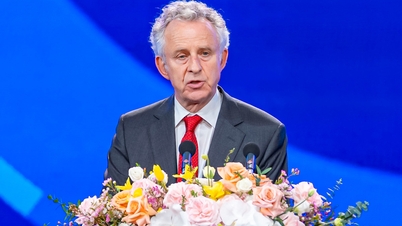

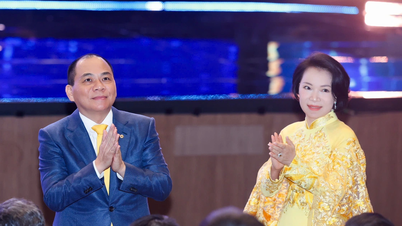

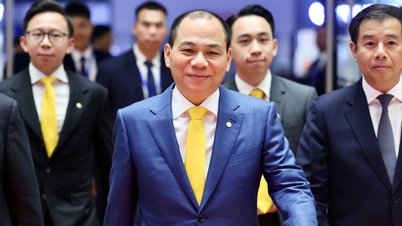




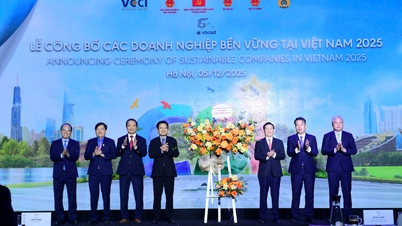
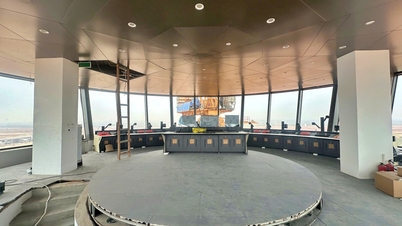

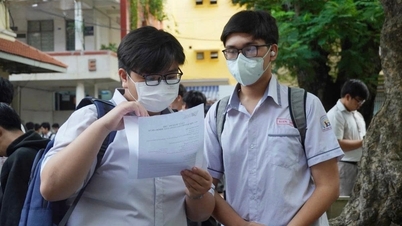


























































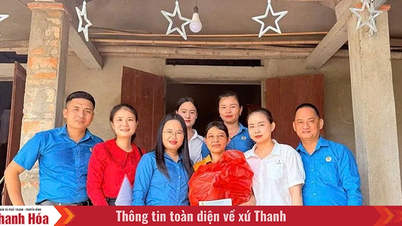

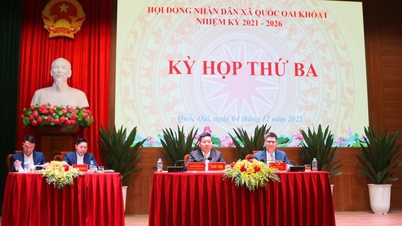
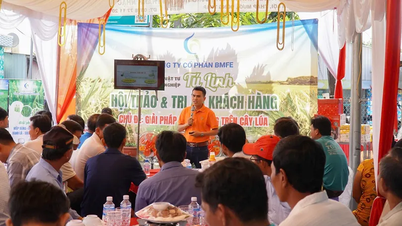









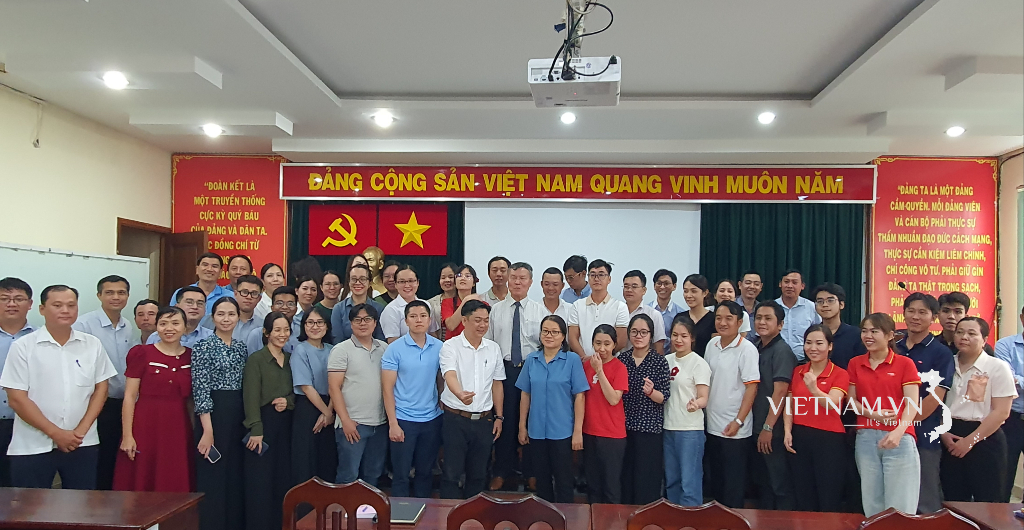
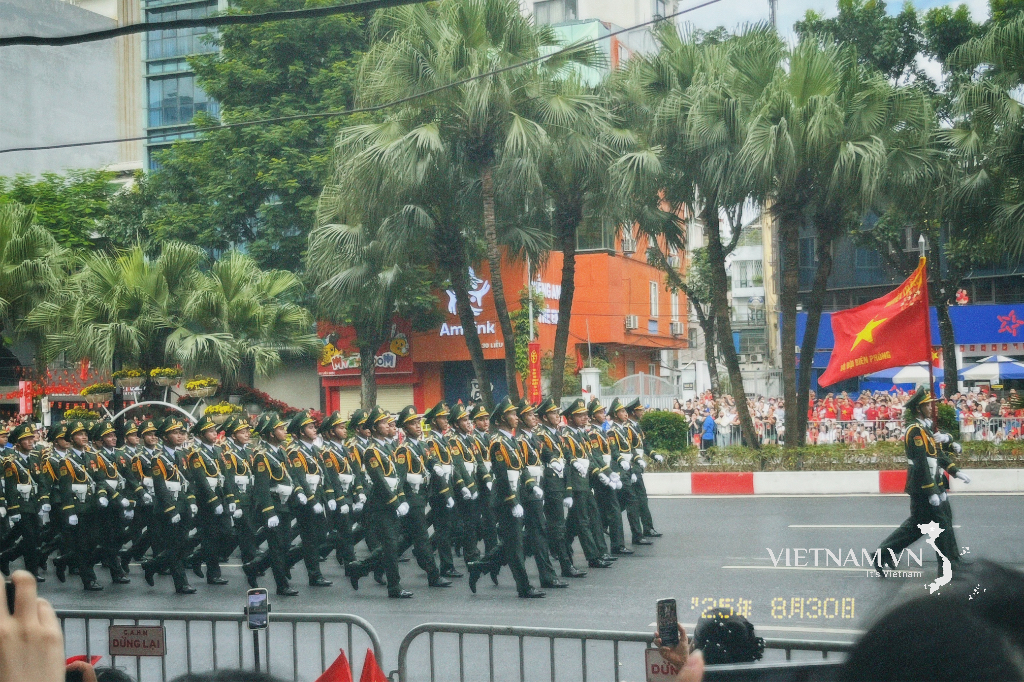






Comment (0)